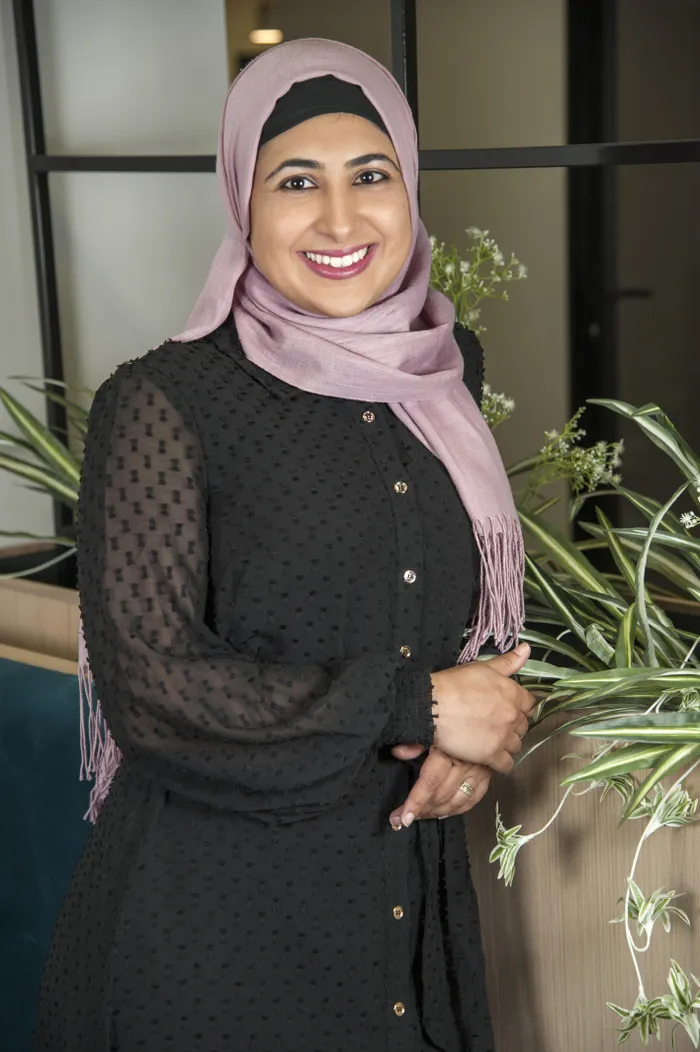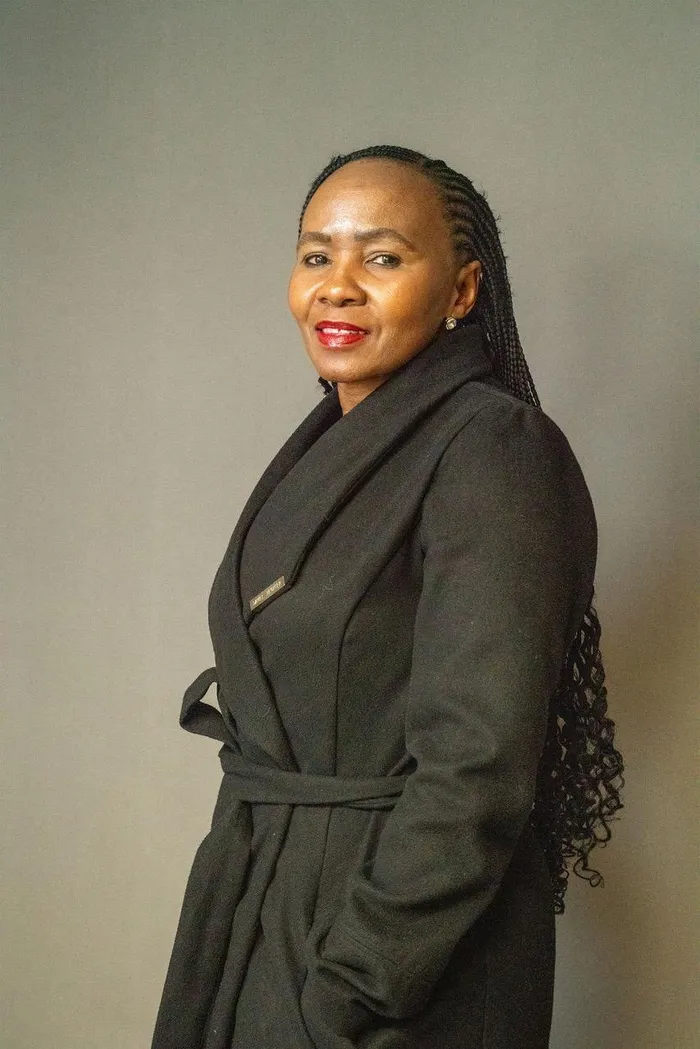Report highlights ‘systemic underinvestment in female entrepreneurs’

WomHub co-founder Naadiya Moosajee
Image: Supplied
Africa stands at the intersection of two defining challenges of our time: the urgent need for climate solutions and the systemic underinvestment in female entrepreneurs.
These are the opening lines of a groundbreaking report by the female-led business incubator WomHub which presents compelling evidence that addressing both simultaneously represents not just a moral imperative but a strategic economic opportunity worth $42 billion (R737bn).
WomHub has been supporting women entrepreneurs in the climate solutions sector for over a decade through dedicated incubator and accelerator programmes. These initiatives have nurtured a diverse range of STEM businesses, from essential clean cooking products to cutting-edge agri-tech solutions, demonstrating the breadth and depth of female innovation.
Among the other findings contained in the report, titled “Demand-driven capital: Powering Female Innovators in Africa’s Green Economy”, are that, despite comprising 40% of Africa's SMEs, women-led businesses receive less than 10% of commercial financing. In the critical climate tech sector, the disparity is even starker: solo female founders secured only 5.28% of total deals and just 1.14% of total funding in the first nine months of 2024.
“For too long we have misunderstood the challenges for female entrepreneurs in terms of funding, so we’ve taken a data-driven approach to understanding some of the gaps in financing in the green economy,” says WomHub co-founder and chief innovation officer Naadiya Moosajee.
“This report looks at why entrepreneurs have not raised capital and promotes more capital moving to women entrepreneurs in the green economy, solving some of the toughest challenges that we face.”
As South Africa prepares to host the G20 Summit in November, WomHub is determined to ensure that the role of women in technology is firmly on the agenda, and will be hosting high level discussions on translating global policy frameworks into grassroots, scalable action across business and society as the G20 ministerial meetings on the digital economy are hosted in Cape Town next week.

Business owner and WomHub alumnus, Andiswa Mbana
Image: Supplied
Founded by female engineers, the mission of WomHub is to empower women and girls in engineering and technology by equipping them with the skills, opportunities, and support they need to succeed.
Since its inception in 2016 WomHub, as an ecosystem enabler, has made significant strides in increasing the number of female engineering graduates, improving job prospects for women in tech, and supporting the rise of women leaders and business owners in the industry. WomHub’s non-profit talent development division, WomEng, had been established 10 years before - in 2006.
A key aspect of WomHub’s mission is to ensure that more capital flows into the hands of women, enabling them to scale their ventures, drive innovation and, ultimately, empower their communities.
Among these women is Andiswa Mbana, founder of Tread Lightly Atelier which upcycles discarded tyres into durable, eco-friendly furniture pieces and accessories. Born and raised in rural Eastern Cape, it was working in a family-owned shop that exposed Mbana to the possibilities of entrepreneurship.
“During school holidays, we would often visit my uncle, who owned general dealer stores in nearby rural areas in Willowvale,” she recalls.
“Assisting in the store during those times opened my eyes to the world of entrepreneurship. Watching the way business connected people, provided solutions, and sustained livelihoods planted an early seed of ambition in me to dream bigger, to work hard, and to create a future beyond the limits of my surroundings.”
After pursuing a successful career in project management, in 2013 Mbana decided to leave formal employment to start her own business.
Ten years later she joined WomHub’s Economic Growth Accelerator Programme. “From day one, I recognised that this programme was specifically designed to empower women entrepreneurs,” she says.
“The programme was comprehensive, covering business development, business model canvas creation, value proposition design, marketing strategies, and pitch deck development. Financial support to participants during the programme was provided. By the end of the programme, we had the opportunity to pitch our businesses.”
But, she adds: “This was not the end of the journey with Womhub as I had joined a community which I needed as an entrepreneur.
“In 2024, I joined WomHub’s Capital Finance Programme, designed for alumni operating within the circular economy sector. This programme was equally impactful, culminating in another pitching opportunity. One key challenge for entrepreneurs is accessing funding without take-off agreements or letters of intent. I’m pleased to share that I was selected as one of the top six companies to benefit from WomHub’s support. They have committed to showcasing, and potentially purchasing, our furniture through their hubs across three provinces, giving our business wider visibility and market access. This is true empowerment for women entrepreneurs and I would encourage women founders to look out for these Womhub opportunities.”
Related Topics: